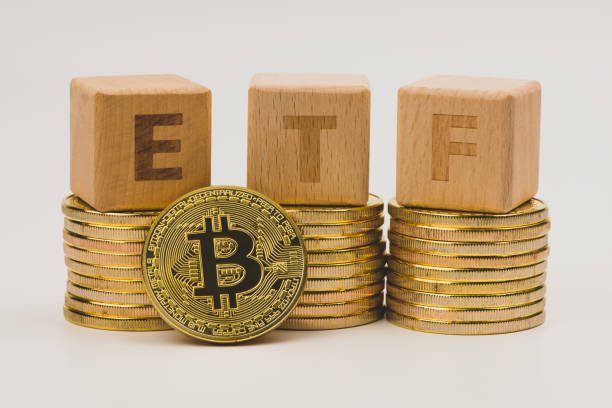Is Bitcoin a Ponzi scheme
Is Bitcoin a Ponzi scheme? Assessing Bitcoin’s Legitimacy
Bitcoin is a relatively new technology that has not been around long enough to gain people’s full trust. However, with a return on investment exceeding 17500%, calculated since its launch, many people have seen Bitcoin as a get-rich-quick enabler.
Bitcoin prices are volatile, which means traders can make a lot of profits within a short time. However, the opposite is true, many people have lost their fortune when the market deep while they are holding BTC in their wallets.
The novelty of Bitcoin and its volatile nature have led many people to question its legitimacy and viability. The question of whether Bitcoin is a fraudulent scheme (Ponzi scheme or a pyramid scheme) is still common. Some people still think Bitcoin is another get-rich-quick scheme aiming to take advantage of people despite the project being around for more than ten years, longer than most fraudulent schemes. Let’s first understand what Ponzi and Pyramid schemes are before we answer the question.
What are pyramid and Ponzi schemes?
A Ponzi scheme is a fraudulent business model that promises members payments and services for enrolling others into the scheme, rather than offering legitimate products or services. More people are recruited into a pyramid scheme as it grows. Member at the top of the pyramid, mostly those who joined early receives the most benefits, while those at the bottom lose out.
A Ponzi scheme is quite similar to a pyramid scheme and the two terms are often used interchangeably. Both pyramid schemes and Ponzi schemes are based on using new investors’ funds to pay earlier backers. The new recruits are only paid once they have recruited more new people. The earlier investors will continue making profits as long as new people are joining the system.
The entire system finally falls apart when the pool of potential investors becomes saturated and no new investors are joining the system.
Is Bitcoin Pyramid Scheme?
No, Bitcoin is not a pyramid scheme. First, Bitcoin does not reward or guarantee returns for those who invest in digital coins. You should be careful with people claiming otherwise. Users earn Bitcoin when they participate in mining or running a node. Other ways of earning Bitcoin include trading, lending, and yield farming with third-party platforms.
However, many platforms have used Bitcoin to scam people with millions of money. Nonetheless, such practices tell nothing about Bitcoin and the technology behind it. Criminals often run ahead of many when a new technology arrives. Unsurprisingly, they are leveraging the novelty of Bitcoin technology to scam people, especially those who do not understand how Bitcoin works. It is worth noticing that scammers use even the most trusted fiat currencies such as the US dollar to scam people.
Is Bitcoin a Ponzi scheme?
Again the answer is NO. First, Ponzi schemes are hierarchical in nature. They require those who are below the pyramid to generate returns for those at the top. In contrast, Bitcoin is decentralized, with no element of hierarchy completely.
Secondly, Ponzi schemes thrive in obscurity with secret transactions from both investors and regulators. Otherwise, the scam will not work. This feature is the exact opposite of how Bitcoin operates. Bitcoin uses a decentralized, distributed, and transparent ledger. Anyone at any time can verify all transactions on the Bitcoin network.
People who mine or purchase their Bitcoins can hold them in their digital wallets and sell them whenever they want.
Furthermore, Bitcoin’s volatility is another proof that Bitcoin is not a Ponzi scheme. In Ponzi schemes, investors receive suspiciously consistent returns which are not probable when dealing with Bitcoin. Day traders often witness high price swings over a short period. They can obtain huge profits or losses, depending on their positions, when the market swings. This feature is unrealistic when dealing with Ponzi schemes.
Avoiding Ponzi schemes in the Bitcoin space
While Bitcoin is not a Ponzi scheme itself, fraudsters can still use Bitcoin to steal from potential investors. Users should beware of investment “firms” looking to invest in bitcoin for them, especially when they are promising unrealistically high returns.
Instead, the people who chose to invest in Bitcoin should research the cryptocurrency themselves and use reputable platforms. They can buy and sell cryptocurrencies from legitimate exchanges.
Overall, it is important to note that investing in Bitcoin may carry its own risks and uncertainties, especially, due to the volatile nature of the digital asset. Potential investors should conduct thorough research and understand the potential risks before committing their resources to trading Bitcoin.




